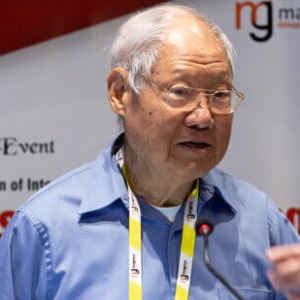Nucleic Acid Therapeutics
TNAs, or therapeutic nucleic acids, are nucleic acids or closely related compounds that are used to cure disease. TNAs come in a variety of shapes and sizes, but they all have the same mode of action: sequence specific recognition of endogenous nucleic acids via Watson–Crick base pairing. The growing number of FDA-approved nucleic acid therapies shows that diseases can be treated in vivo by addressing their genetic blueprints. Because they target proteins rather than the underlying reasons, traditional therapies typically have transitory therapeutic results. Nucleic acid treatments, on the other hand, can achieve long-lasting or even curative effects by inhibiting, replacing, or altering genes. However, delivery strategies that improve stability, enable internalisation, and boost target affinity are required for clinical translation. Synthetic biology, systems biology, computational biology, bioinformatics, and nanotechnology, among other fields, have accelerated progress and established a new paradigm for nucleic acids in therapy.

Murray Moo Young
University of Waterloo, Canada
Limongi Tania
University of Turin, Italy



Title : Improving health in over 40,000 patients: The impact of nanomedicine fighting antibiotic resistant infections
Thomas J Webster, Brown University, United States
Title : Advancement in dual lateral flow immunoassay design for sensitive, rapid detection of rotavirus and adenovirus in stool samples
Ayan Ahmed Isse, Genexus Biotech Company, Somalia
Title : Evaluating cell compatibility and subcutaneous host response of silk fibroin–chitosan plug composites as potential resorbable implants
Luis Jesus Villarreal Gomez, Universidad Autonoma de Baja California, Mexico
Title : Renewed novel biotech ideas, with bioreactor bioengineering economic impact
Murray Moo Young, University of Waterloo, Canada
Title : Osmotic lysis–driven Extracellular Vesicle (EV) engineering
Limongi Tania, University of Turin, Italy
Title : Diversity analyses of microbial communities in Armanis gold-polymetallic mine and acid mine drainage: Bioremediation
Anna Khachatryan, SPC Armbiotechnology of NAS of Armenia, Armenia